Carding by DBT Fibre
📍 Cerrione, Italy
DBT Fibre is a textile company with over a century of collective expertise, formed in 2003 through the merger of four established European firms. It produces high-quality slivers and tops from both natural and synthetic fibers, including recycled materials like RENYCLE™, supporting circularity in the textile industry. In 2023, the company launched CLOSEOOP, a division focused on regenerating textile waste into certified, high-performance yarns. Committed to sustainability and innovation, DBT Fibre holds certifications such as GRS, OEKO-TEX™, and FSC, and is a co-founder of the sustainable textile research center MagnoLab.
Interview with Filippo Comotto
What was your responsibility in this project?
We managed the blending and transformation from staple fiber to carded sliver.
What is your vision for circular textiles within Europe?
The future will be increasingly circular, including future legislation. We are at the forefront of mechanical recycling and aim to provide a solution with a high percentage of recycled material in a ready to spin sliver.
What would make these circular practices easier for you to adopt?
The rules should be the same worldwide, or at least across Europe, so that everyone moves in the same direction starting from an equal footing.
What advice would you give to other entities that want to replicate the value circle?
Working with recycled materials is not easy and is more challenging compared to virgin materials, but it is necessary, and we all need to work in this direction, starting with the designers.
What was your drive to be a part of this initiative?
Reading about the amount of waste in the textile industry is thought-provoking; there must be a solution to recover at least a part of it.
Looking back, how did it go for you?
In our company, we also have the mechanical regeneration process, which is fundamental for everything that happens afterwards: the better you preserve the mechanical properties of the fibers, the easier it is to use them in the textile process. In this case, the fibers used for carding were 70% chemically recycled (from cotton waste and wood pulp), so the properties were good and the processing went well, even if not comparable to a 100% virgin production in terms of yield.
Discover other interviews


